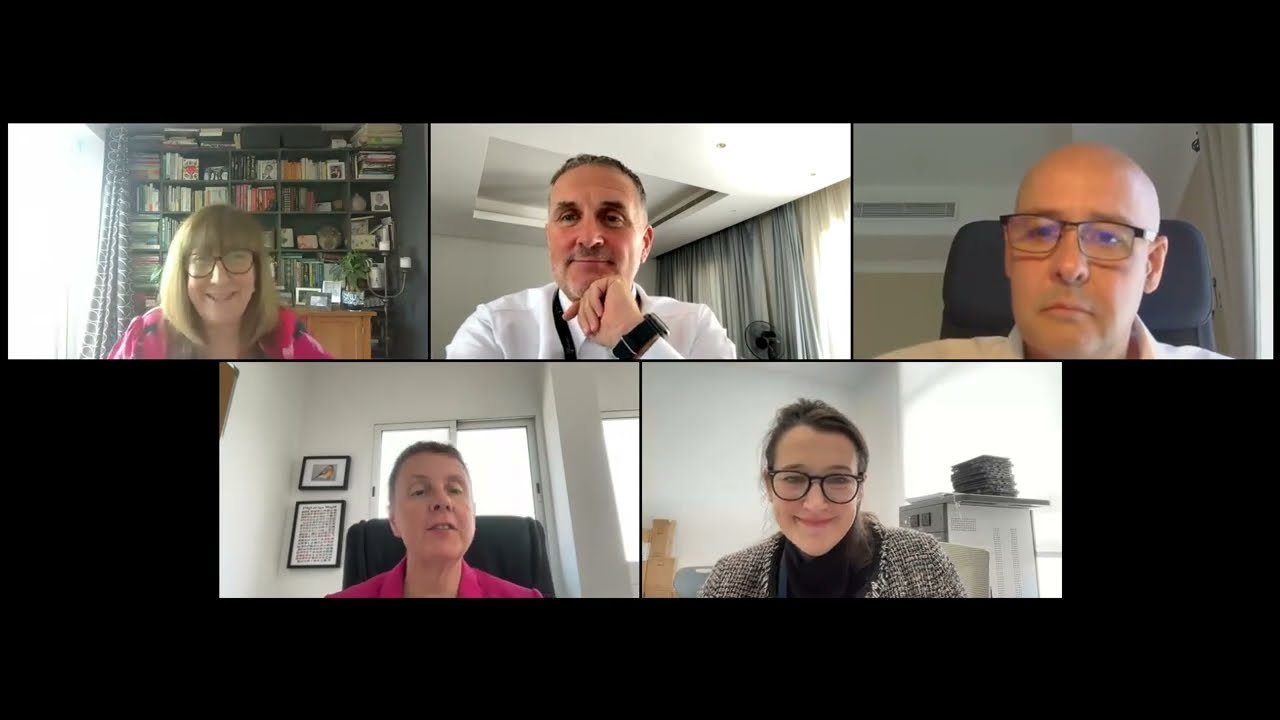Supporting University and Careers within Your Secondary School: A Guide for Teachers and Leadership
One of the most important roles of educators is to help students navigate life beyond secondary school. In today’s competitive and rapidly evolving world, guiding students through their university and career aspirations is more crucial than ever.

Secondary school is a formative time, during which students begin to explore their interests and think about their future pathways. Schools have a unique opportunity to provide students with the knowledge, skills, and tools they need to make informed decisions about higher education and professional careers. This article will explore strategies for integrating university and careers guidance into the curriculum, fostering essential career skills, building strong relationships with universities, and empowering school counsellors to support students' academic and career ambitions.
Integrating University and Careers Guidance into the Curriculum
Incorporating university and career guidance into the curriculum is key to helping students make informed decisions about their future. Rather than treating career education as a separate or optional activity, it should be embedded into various subjects and grade levels throughout a student’s educational journey. Every teacher, regardless of their subject area, plays a role in fostering career awareness and encouraging exploration of future opportunities.
For instance, STEM classes can incorporate real-world examples from fields like engineering, medicine, or data science, while humanities teachers can encourage students to explore career paths in law, journalism, or public service. These subject-specific explorations enable students to understand how the material they are learning in class can apply to a variety of careers, giving them the chance to see their education as a direct bridge to the professional world.
In addition to integrating career discussions into regular classes, schools should develop structured career education programs, such as career fairs, university visits, and work experience placements. These events expose students to diverse industries and higher education options, helping them make better choices about their next steps.
Developing Essential Career Skills in Students
Career readiness is about much more than knowing which university to attend or which profession to pursue. It involves developing a set of essential skills that will allow students to succeed in any workplace. These skills include communication, collaboration, problem-solving, critical thinking, and adaptability—all of which can be fostered within the school setting.
Project-based learning is an effective way to build these skills, as it encourages students to collaborate, think critically, and solve real-world problems. Through working on projects that simulate professional challenges, students not only develop practical skills but also gain the confidence to apply these abilities in a future work environment.
Additionally, schools can introduce practical career skills such as resume writing, interview techniques, and networking. Workshops on these topics provide students with the professional preparation they need to transition smoothly from secondary education to university or the workforce.
Building Strong Relationships with Universities
To help students navigate the complex landscape of higher education, it’s essential for schools to build and maintain strong relationships with universities. These partnerships give students access to up-to-date information about programs, admissions criteria, and campus life, which are crucial as they make decisions about where to apply.
Schools should take proactive steps to invite university representatives to speak with students, arrange campus visits, and offer guidance on the admissions process. Additionally, collaboration between schools and universities ensures that counsellors and teachers are kept informed of new trends and developments in higher education, enabling them to provide students with relevant and accurate information.
Such partnerships don’t only benefit students; they position schools as trusted intermediaries between secondary education and universities, which strengthens the overall student experience.
Empowering and Trusting School Counsellors
A vital aspect of integrating university and career guidance into schools is empowering school counsellors, who are specialists in helping students chart their academic and professional futures. For this integration to be effective, the Senior Leadership Team (SLT) must trust and provide counsellors with the resources, autonomy, and authority necessary to guide students effectively.
Counsellors bring unique expertise to the school environment, and their role extends far beyond academic advising. They are pivotal in offering personalized support, identifying student strengths, and providing career exploration opportunities. When the leadership team empowers counsellors to lead on developing career programs, coordinating university visits, and implementing student guidance plans, the impact on the student body is substantial.
It is equally important for counsellors to have a strong, collaborative relationship with school leadership. Regular communication allows counsellors to provide updates on student needs, emerging university trends, and potential partnerships, helping the leadership team make informed decisions. By trusting counsellors to shape and lead career education initiatives, the leadership team creates an environment where students can access tailored and effective support that aligns with their unique goals.
Conclusion
Effectively supporting university and career aspirations within secondary schools requires a multi-faceted approach. By integrating career guidance into the curriculum, developing essential career skills, fostering strong relationships with universities, trusting and empowering school counsellors, schools can create a comprehensive support system that helps students navigate their future with confidence. As educators, we have the privilege and responsibility to guide our students through one of the most important decisions of their lives, and with the right strategies, we can equip them to thrive both academically and professionally.
Stay up to date
Subscribe to the free GESS Education newsletter and stay updated with the latest insights, trends, and event news every week. Your email address will remain confidential

